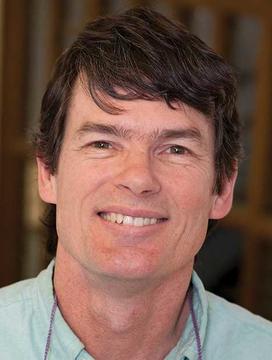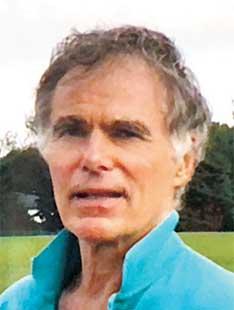TULLIS C. ONSTOTT *81, a geoscientist whose interest in microbiology spanned from the deep reaches of South African gold mines to the subsurface of Mars, died Oct. 19 at age 66. Early in his career, Onstott worked on a project that collected samples from natural gas wells in hopes of finding microorganisms that could remediate toxic waste. “The deeper we went, the more interesting the organisms that we found,” he told PAW in 2004. That inspired Onstott to search for — and discover — new microbes and organisms in other “extreme” environments, where nutrients are sparse, and later led to research in astrobiology.
ALBAN FORCIONE ’60 *68, a renowned Cervantes scholar and mentor to generations of students, died Sept. 14 at age 82. Forcione wrote his senior thesis on Don Quixote, returned to the University for Ph.D. studies, and joined the faculty after graduate school, teaching at Princeton until 2001, when he transferred to emeritus status. In a University obituary, professor emerita Suzanne Nash said Forcione found a scholarly “soul mate” in Cervantes: “[B]oth delighted in the ridiculous underside of life, the sturdy ballast for their humane idealism.”
T. JAMES LUCE JR. *58, a longtime professor of classics and former department chair, died May 29 at age 88. Luce’s publications included studies of the Roman historians Livy and Tacitus. He also served as the University’s Latin scribe for more than three decades, a role that includes advising the salutatorian and writing the Latin that appears on the diplomas of honorary-degree recipients. A remembrance on the Department of Classics website recalled Luce as “a generous and genial teacher.”







No responses yet